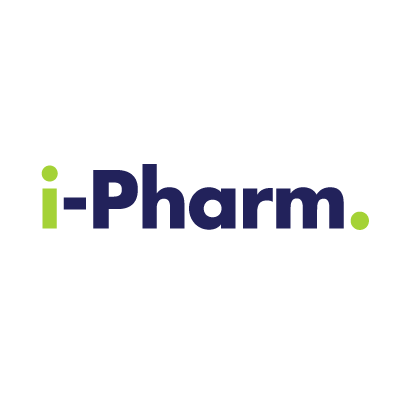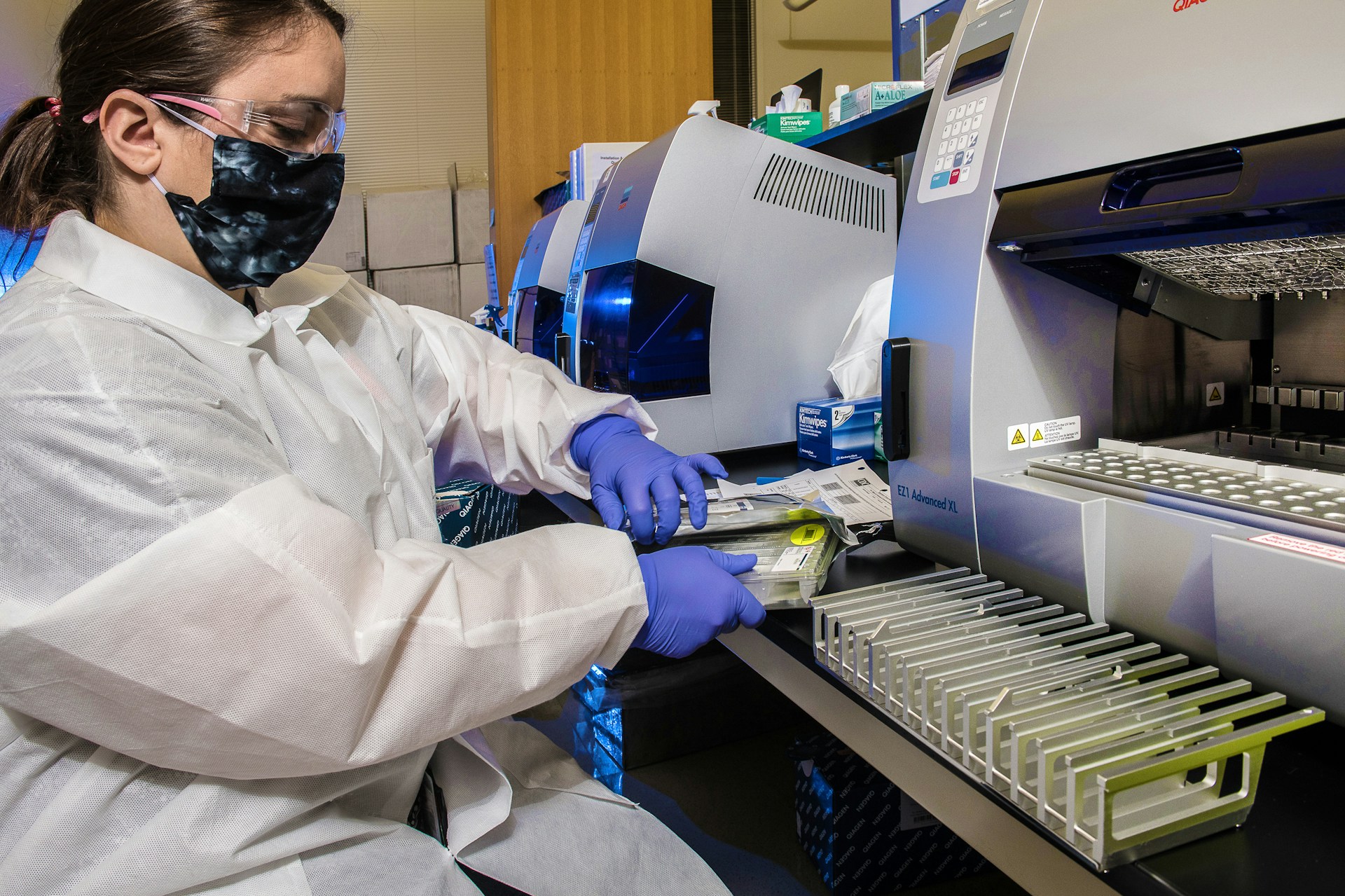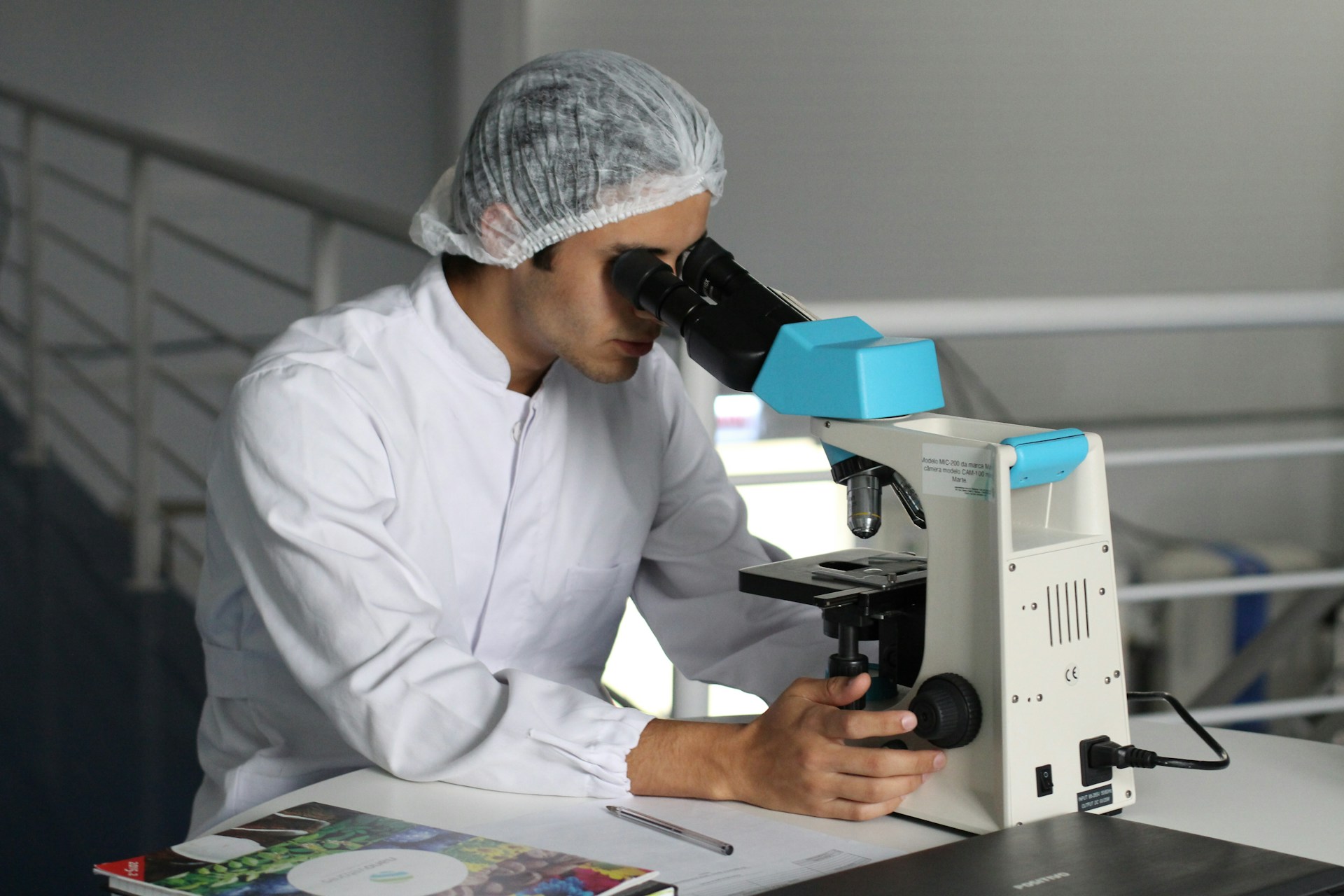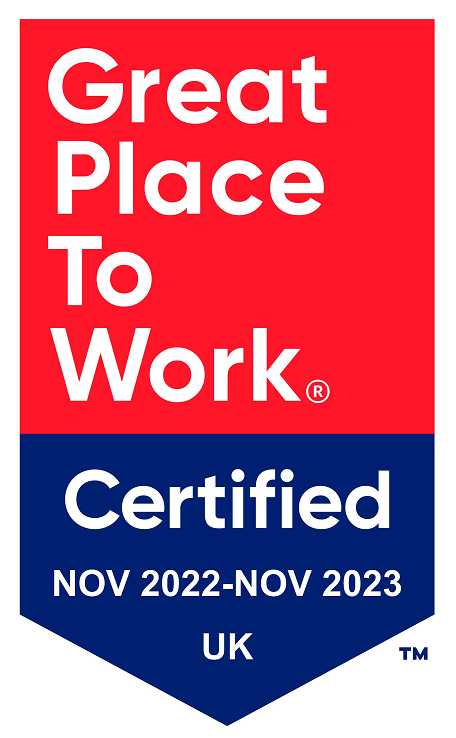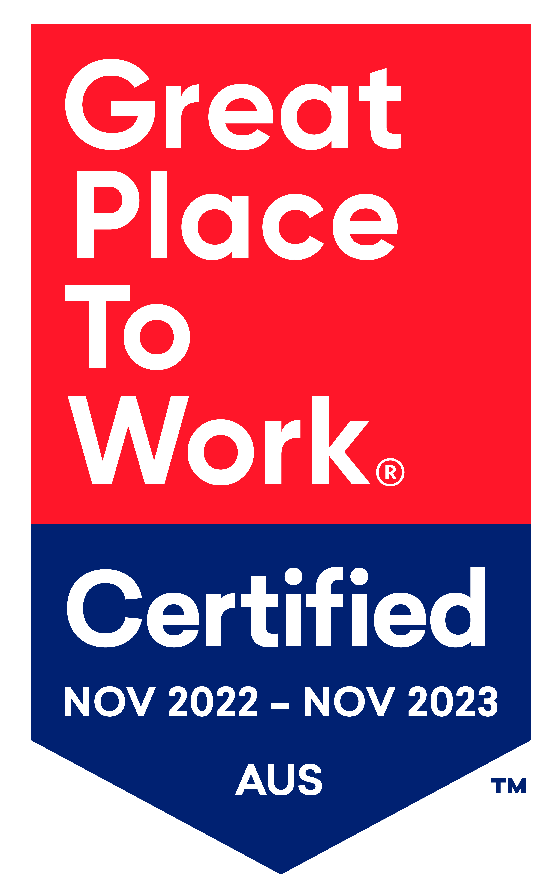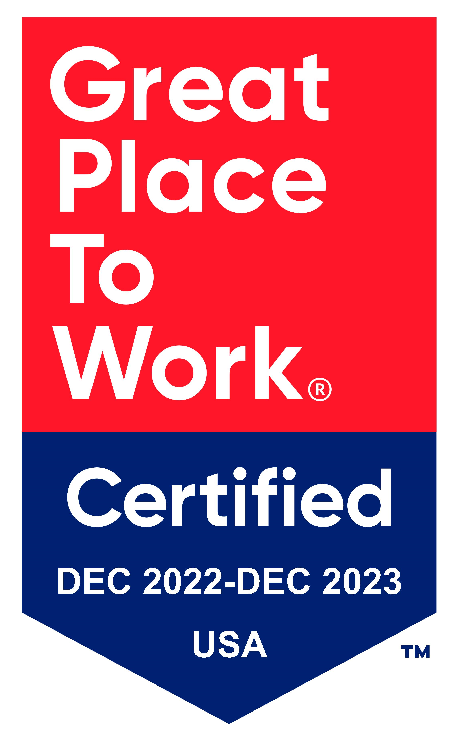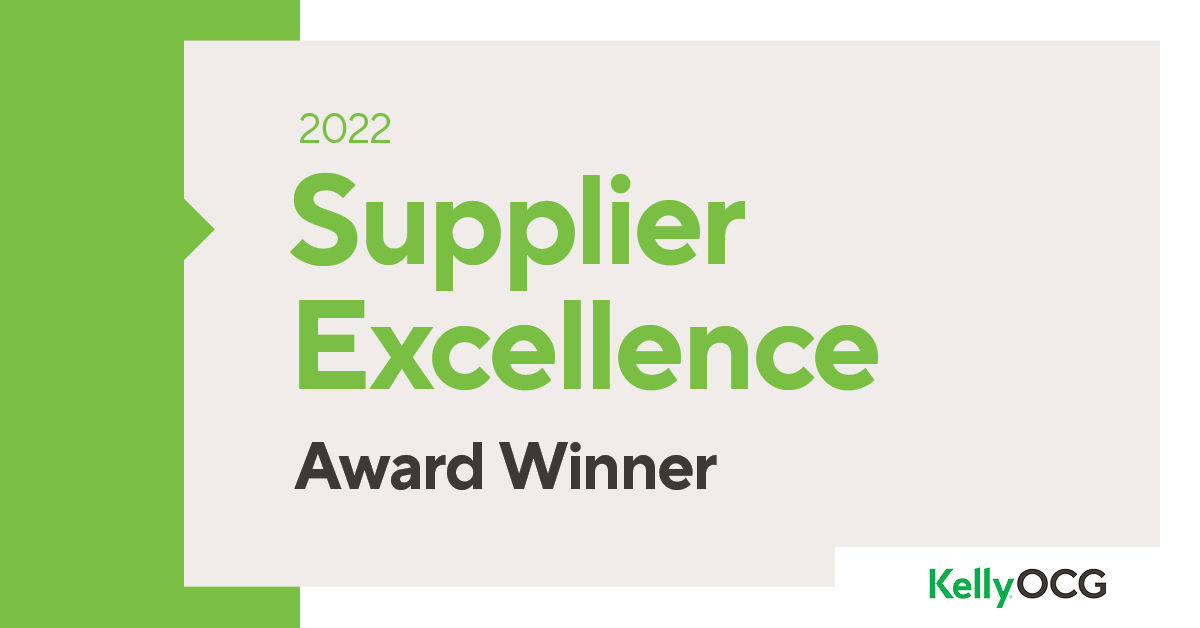What is Quality Assurance in the Drug Development Process?
05 Dec, 20236 minutesThe production of life-saving drugs is critical for healthcare systems all over the world, a...
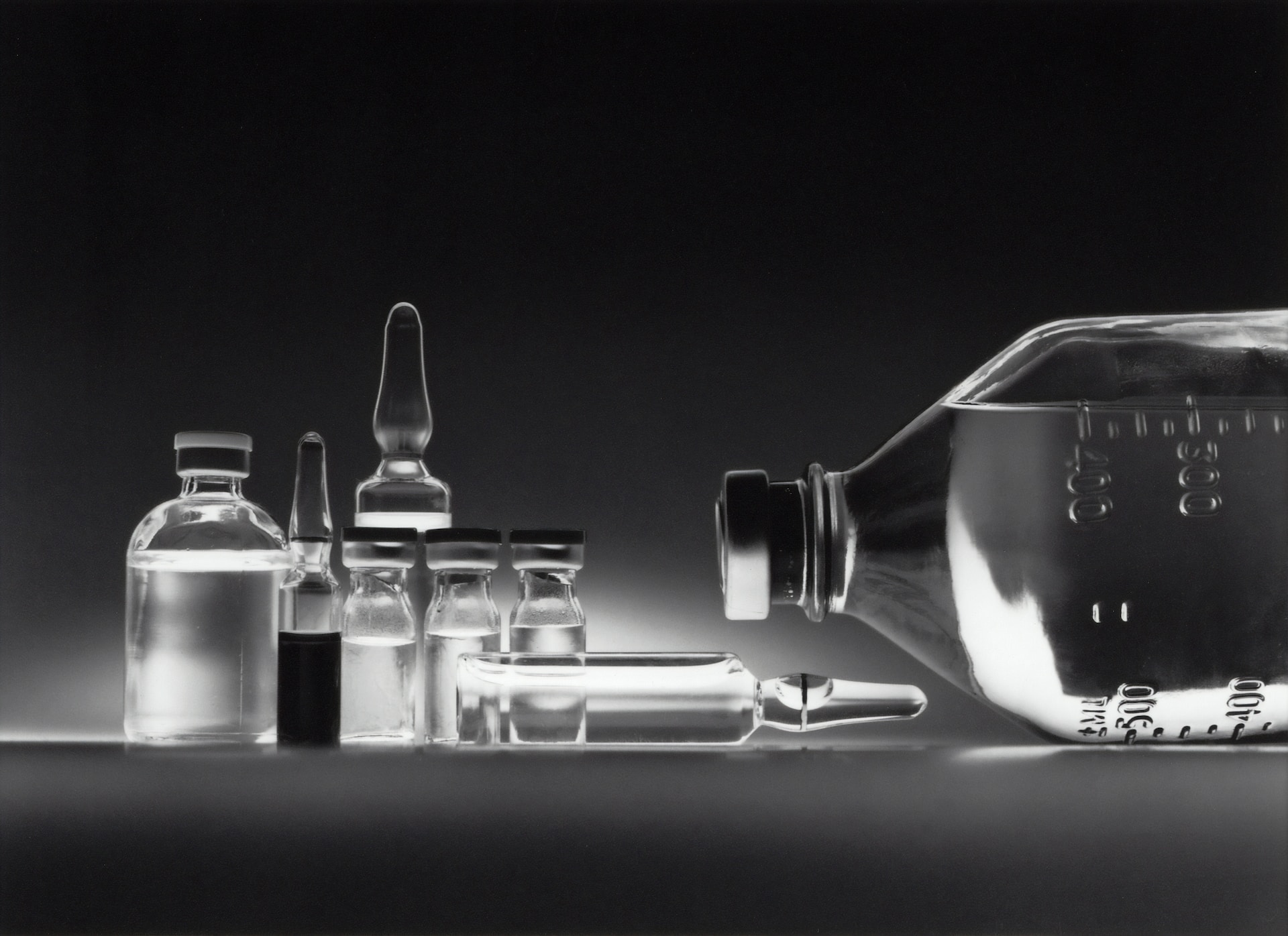
The production of life-saving drugs is critical for healthcare systems all over the world, and as such, it must be delivered in line with the highest quality standards. With mounting pressure on the pharmaceutical industry to produce safe and effective drugs, the importance of having robust quality assurance protocols has never been greater.
The rapid production of successful Covid-19 treatments has taught us just how effective the pharma and medical technology industries can be when it comes to averting health crises. Had it not been for their rigorous and efficient quality assurance procedures, pharma companies like Pfizer and Moderna might have had to delay the rollout of their vaccines and antiviral treatments, and the economic effects of the pandemic would potentially have been even greater.
This example is one of many that underscore the crucial role that quality assurance plays in the drug development process, and the pharmaceutical industry should place great emphasis on enhancing their QA practices for the future. In this guide, we will explore the value of quality assurance in the pharmaceutical industry and take a look at some of the most prominent quality assurance jobs.
The importance of quality assurance in the pharmaceutical industry
Safety is paramount to the pharmaceutical industry, and that’s why the role of quality assurance is so important. Pharmaceutical products are designed to cure, prevent, and treat diseases, and any faults or defects in these medicines may be damaging for public health. Ultimately, quality assurance processes are there to protect the public and ingrain trust in the pharma industry. Here are a few of the benefits of having rigorous QA processes:
Instills Public Confidence
While public health is the industry’s main objective, pharmaceutical manufacturers must also think about profit. They need to do their utmost to instill public confidence in the treatments they offer, otherwise, the ensuing negative publicity would result in serious financial and public health consequences. The sector has had its fair share of scandals over the years, and that’s why quality assurance specialists are working diligently to ensure that the treatments are safe and effective. Having rigorous quality regulations leads to better public trust, and protects pharma companies from reputational damage.
Safeguards Public Health
Public health is at the forefront of everything the pharma industry sets out to achieve. Drugs and treatments that have passed rigid regulations have the potential to save lives, so it is essential that QA processes are of the highest standard in order to safeguard public health.
Improves Regulatory Compliance
Regulatory compliance is paramount to the pharmaceutical industry, and following strict QA protocols and standard operating procedures ensures that batches are produced in line with the latest regulations. Not only do robust quality processes improve regulatory compliance, they also boost efficiencies and lower the number of costly recalls. The amount of money involved in recalls can seriously eat into manufacturers’ profit margins and ultimately affect the production of future life-saving drugs.
Allows Constant Improvement
The more QA protocols are followed, regulators will be better able to spot possible modifications that could improve the process. Ultimately, placing a greater emphasis on quality assurance enables specialists to continuously monitor and review the system. Thanks to advancements in automated and AI technology, the pharma industry has the opportunity to adapt to the times and boost quality assurance procedures.
Enhances Recruitment
The demand for high-quality pharmaceutical products is growing worldwide, so it is vital that the best and brightest professionals are recruited into the industry. Having robust QA protocols boosts trust in the effectiveness of the drug development process, and more top talent will be interested in filling all-important quality assurance jobs as a result.
Top 5 quality assurance jobs
There has been a rise in the amount of professionals looking to secure a job in quality assurance. To give you an idea of the kind of QA roles you could pursue, we have compiled 5 of the most sought-after picks. Professionals in this field are responsible for implementing, monitoring, and improving quality assurance processes and procedures that have a widespread impact on the pharma industry.
Professionals working within quality assurance need a range of key skills, including:
- Meticulous attention to detail
- An analytical and systematic problem-solving approach
- Excellent communication and collaboration skills
- Comprehensive knowledge of regulations and quality standards
- Proficiency in data analysis and reporting
The need for skilled quality assurance professionals has grown significantly with the increasing demand for quality drug development. Take a look at some of the most in-demand quality assurance jobs below:
Quality Assurance Technician
Average UK Salary: £28,000 - £35,000 per year
A quality assurance technician is responsible for ensuring the quality of products and materials during the manufacturing process. Their day-to-day responsibilities include:
- Inspecting materials and finished products to ensure they meet quality standards
- Conducting tests on products and materials to identify defects and deviations from specifications
- Maintaining detailed records and documentation of inspection and testing results
- Working with other departments, such as production and engineering, to identify and resolve quality issues
- Participating in the development and implementation of quality control processes and procedures
Career progression in this field may involve moving into a quality control supervisor or quality control manager role, where the individual will oversee a team of quality assurance technicians and manage the overall quality control program for the organisation.
Quality Assurance Engineer
Average UK Salary: £30,000 - £50,000 per year
A quality assurance engineer ensures the quality of pharmaceutical products, and the equipment used to manufacture them. . Their day-to-day responsibilities may include:
- Assessing proposed changes in processes, equipment, or materials and evaluating their potential impact on product quality and compliance
- Ensuring that all aspects of drug development, from research and development to manufacturing, testing, and distribution, comply with relevant regulatory requirements and guidelines
- Providing feedback to software developers and engineers on areas for improvement
- Working alongside other departments, such as production, manufacturing, and quality control , to ensure products meet customer requirements
- Participating in the design and development of pharmaceutical products to ensure they are manufactured with quality in mind
Career progression in this field may involve moving into a senior quality assurance specialist or quality assurance manager role, where the individual will be responsible for managing a team of quality assurance engineers and overseeing the quality control program for the organisation's manufacturing and production efforts.
Quality Assurance Manager
Average UK Salary: £45,000 - £65,000 per year
A quality assurance manager is responsible for ensuring that an organisation's products and services meet regulatory requirements and customer expectations. Their day-to-day responsibilities may include:
- Designing, enforcing and improving quality control policies and procedures.
- Managing a team of quality assurance professionals and providing guidance and feedback
- Coordinating with other departments, such as production and engineering, to identify and resolve quality issues
- Conducting audits to ensure compliance with regulatory requirements and industry standards
- Collecting and analysing data on quality metrics and using this information to identify areas for improvement
Career progression in this field may involve moving into a director of quality assurance or vice president of quality assurance role, where the individual will be responsible for overseeing the quality assurance program for the entire organisation.
Quality Control Inspector
Average UK Salary: £18,000 - £30,000 per year
A quality control inspector is responsible for inspecting and testing products and materials to ensure they meet quality standards. Their day-to-day responsibilities may include:
- Performing visual inspections on products and materials to identify defects
- Conducting tests on products and materials to ensure they meet specifications
- Documenting inspection and testing results and maintaining detailed records
- Working with other departments, such as production and engineering, to identify and resolve quality issues
- Participating in the development and implementation of quality control processes and procedures
Career progression in this field may involve moving into a quality control supervisor or quality control manager role, where the individual will be responsible for overseeing a team of quality control inspectors and managing the overall quality control program for an organisation.
QA Validation Specialist
Average UK Salary: £35,000 - £50,000 per year
A validation specialist is responsible for ensuring that manufacturing processes and products meet quality standards and regulatory requirements. Their day-to-day responsibilities may include:
- Developing and executing validation plans for manufacturing processes and equipment
- Conducting risk assessments and developing risk mitigation strategies
- Performing data analysis and reporting on validation results
- Collaborating with other departments, such as engineering and quality assurance, to identify and resolve issues
- Ensuring that all validation activities are completed in accordance with regulatory requirements and company policies
Career progression in this field may involve moving into a senior validation specialist or validation manager role, where individuals are responsible for managing validation programs, overseeing a team of validation specialists, and ensuring that manufacturing processes and products meet all quality and regulatory requirements.
At i-Pharm, we have a wealth of quality assurance roles and a team of expert consultants to help you begin your journey. Check out our latest quality assurance jobs here.
Find your next quality assurance job with i-Pharm
At i-Pharm, we understand that the world of quality assurance is constantly evolving, and so we work hard to stay up-to-date with the latest trends and developments in this field. Our experienced recruitment team has a deep understanding of the specific skills and qualifications required for quality assurance roles and a broad network of industry connections, enabling us to match the right candidates with the right job opportunities.
We take a personalised approach to recruitment, getting to know each candidate on an individual basis to understand their skills, experience, and career goals, enabling us to identify the best job opportunities and guide candidates through every step of the recruitment process, from initial application to a final job offer.
Whether you're just starting out in your quality assurance career or a professional looking for your next challenge, we can help you find the right job to meet your needs. Contact us today to take the first step towards finding your next quality assurance job.
